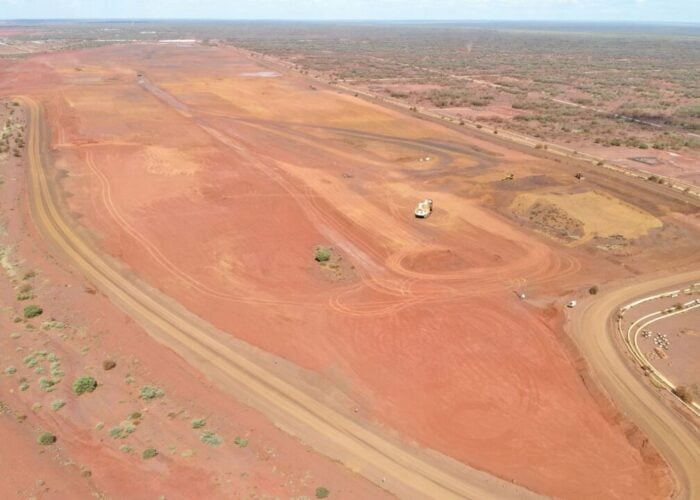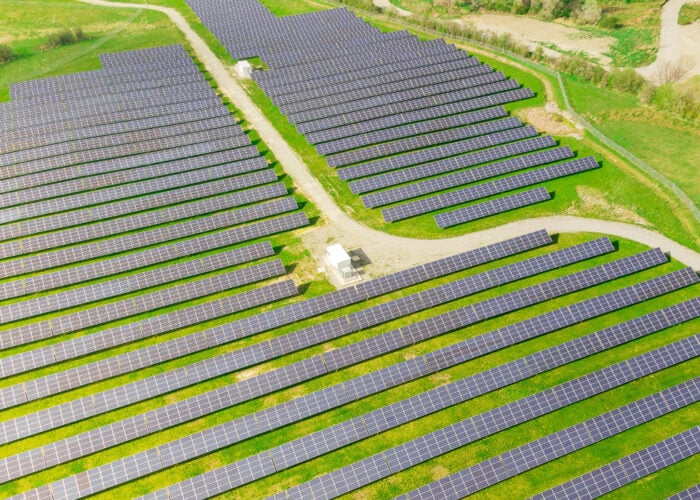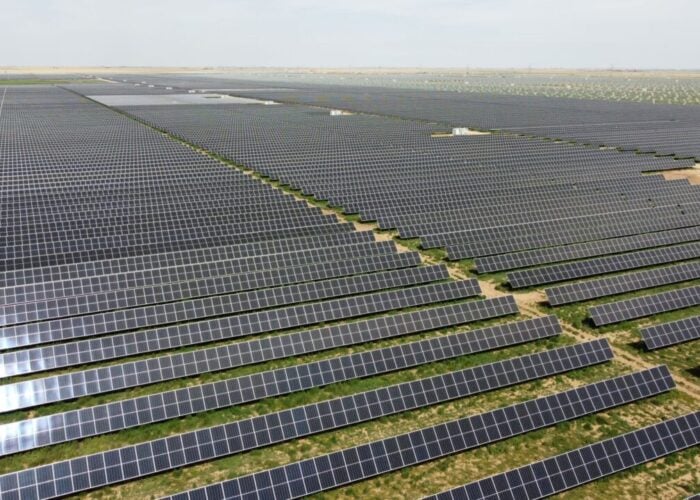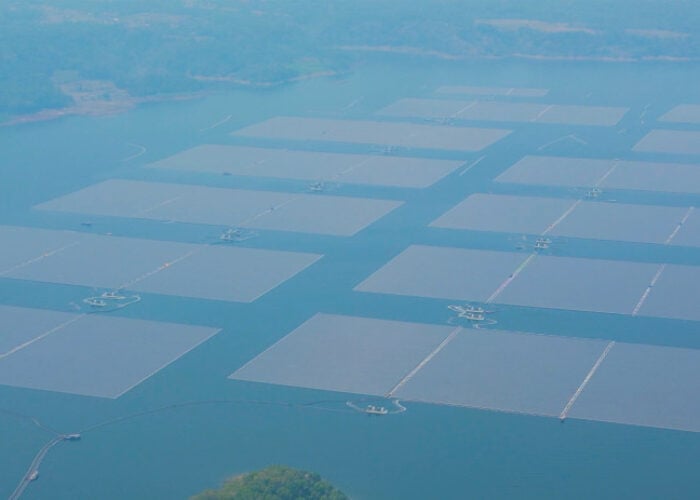
Meridian Energy, a New Zealand state-owned energy company, has confirmed it will begin construction of its 120MW Ruakākā Solar Farm in Tai Tokerau Northland in August 2025.
Yesterday (25 March), the organisation confirmed its intention to begin construction on the NZ$227 million (US$131 million) project this year after receiving a final investment decision (FID) and construction approval from the Meridian Board. The solar PV plant will be the company’s first in New Zealand.
Unlock unlimited access for 12 whole months of distinctive global analysis
Photovoltaics International is now included.
- Regular insight and analysis of the industry’s biggest developments
- In-depth interviews with the industry’s leading figures
- Unlimited digital access to the PV Tech Power journal catalogue
- Unlimited digital access to the Photovoltaics International journal catalogue
- Access to more than 1,000 technical papers
- Discounts on Solar Media’s portfolio of events, in-person and virtual
Or continue reading this article for free
Meridian Energy’s project will feature 250,000 solar PV modules and produce between 150-250GWh of renewable electricity each year. It is expected to be completed by early 2027, later than the previously forecast date of late 2026.
The company is also developing the 100MW/200MWh Ruakākā battery energy storage system (BESS), which will be operational in April. Saft, a subsidiary of TotalEnergies, is delivering this system, and Meridian anticipates that the BESS will generate annual revenues of up to US$35 million.
Once these two projects are completed, they will combine to form the Ruakākā Energy Park.
Meridian chief executive Neal Barclay said the Ruakākā Solar Farm will benefit the New Zealand energy system and help improve the Northland region’s energy resilience.
“This project is special. Not just because it’s our first solar farm in New Zealand, but because it will add so much to the Northland region in terms of energy resilience, and we’ve seen in recent years how important that is,” Barclay said.
Despite securing initial consent in September 2024, the project received an appeal regarding its environmental aspects. Meridian said this has been resolved by adding further protection for wetlands and dunelands and plans to restore wetland areas.
Renewable energy developer Ethical Power has been awarded the site’s construction, operations, and maintenance contracts.
Earlier this year, Meridian and Nova Energy, a Wellington-headquartered subsidiary of conglomerate Todd Corporation, formed a 50:50 joint venture to build and operate one of New Zealand’s largest solar PV plants: the 400MW Te Rahui project.
Ruakākā solar PV plant to boost New Zealand’s energy supply
The Ruakākā solar PV plant is one of various projects being developed across the country as a means to secure a stable supply of renewable energy for New Zealand. Meridian claims the power plant will be capable of powering half of the homes within the Northland region.
Barclay noted that the plant will also help drive down wholesale power prices, amongst other important aspects.
“These are busy times for Meridian and many others investing in the generation market, and our collective efforts will enable more electricity use, provide alternatives to thermal fuels and boost the country’s energy security in dry years,” Barclay added.
Due to New Zealand’s reliance on hydroelectric power plants, most of which are situated on the country’s southern island, dry years can lead to fluctuations in energy supply. Last year, this caused an energy crisis, with wholesale electricity prices spiking as the country became more reliant on oil and gas.
The turbulence last year now presents an opportunity for solar PV, wind and energy storage to secure a more prominent role in the island nation’s electricity mix, something Sarah Gillies, chief executive of the Electricity Authority, spoke with PV Tech Premium about last year.
Gillies told PV Tech Premium that more investment is needed to support and stabilise New Zealand’s electricity system, and the next 12-24 months will “continue to be challenging.”
“We need more investment in generation and to harness opportunities from new technologies and demand response to keep the lights on at an affordable price. Looking ahead, we continue to need a combination of fuels and the supply,” Gillies said.







